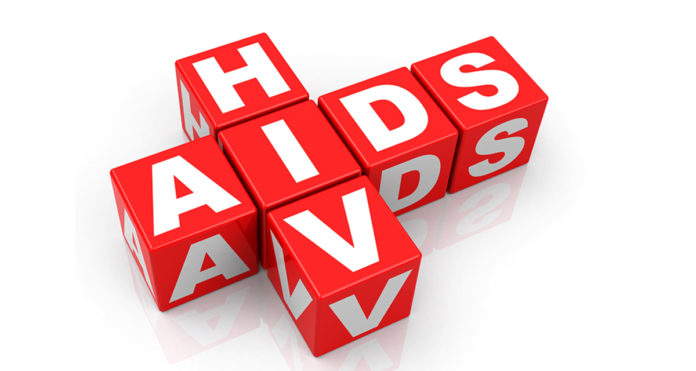adverts
The Ashanti Regional Technical Coordinator of the Ghana AIDS Commission (GAC), Ms. Olivia Graham, has expressed deep concern over the rising number of HIV infections in the region.
With over 66,000 recorded cases, the Ashanti Region is facing significant challenges in managing the epidemic.
Alarmingly, less than 50 percent of those infected are on antiretroviral therapy (ART) treatment, despite its widespread availability.g
adverts
Ms. Graham’s comments came during an interview with the Ghana News Agency at a multiphasic health screening exercise organised by the GAC in commemoration of World AIDS Day. Held at the Kejetia Market in Kumasi, the event sought to raise awareness and encourage health screening among the public.
Participants were offered free HIV tests, blood sugar level checks, blood pressure (BP) assessments, and body mass index (BMI) measurements. To further support the fight against HIV, free condoms and HIV self-test kits were distributed to individuals who participated in the screening or expressed interest in testing at home.
The event was held under the theme, “Take the Right Path: Ending AIDS Together,” emphasising the importance of collective effort in combating the epidemic.
Ms. Graham revealed that the Ashanti Region recorded 3,650 new HIV cases in 2023, equivalent to nearly 10 new infections per day. She highlighted the importance of testing in managing the disease, noting that many people avoid testing due to stigma and fear.
“The HIV test does not indicate a positive or negative result but rather a reactive or non-reactive outcome, which takes only 15 minutes,” she explained. For individuals with reactive results, counselling and referrals to health centres for confirmatory testing are provided to ensure accurate diagnoses and appropriate follow-up.
Ms. Graham stressed that HIV is no longer a ‘death sentence’ due to advances in treatment. Consistent use of ART can reduce the viral load to undetectable levels, improving patients’ quality of life and preventing further transmission.
She urged citizens to embrace testing and treatment to help Ghana achieve its target of having 95 percent of infected individuals on ART. “This effort is key to reducing the spread of the virus in the region and the country as a whole,” she added.
Among those who attended the event was Ms. Princess Owusu-Ansah, a young woman in her early 20s, who shared her motivation for getting tested. “This is my first time checking my HIV status, and I am not scared. It is important to always know that you are healthy, so I want to take advantage of the free screening,” she said.
Her story highlights the importance of creating safe spaces and accessible opportunities for people, especially the youth, to learn about and address their HIV status without fear.
The rise in HIV cases in the Ashanti Region underscores the need for sustained efforts in awareness, testing, and treatment. Ms. Graham called on stakeholders, including the government, civil society organisations, and the general public, to work together to combat the epidemic.
She reiterated that achieving the global target of ending AIDS requires commitment and collaboration from all sectors of society. “By knowing your status, seeking treatment if necessary, and spreading the message of hope and prevention, we can together take the right path and end AIDS,” she concluded.


